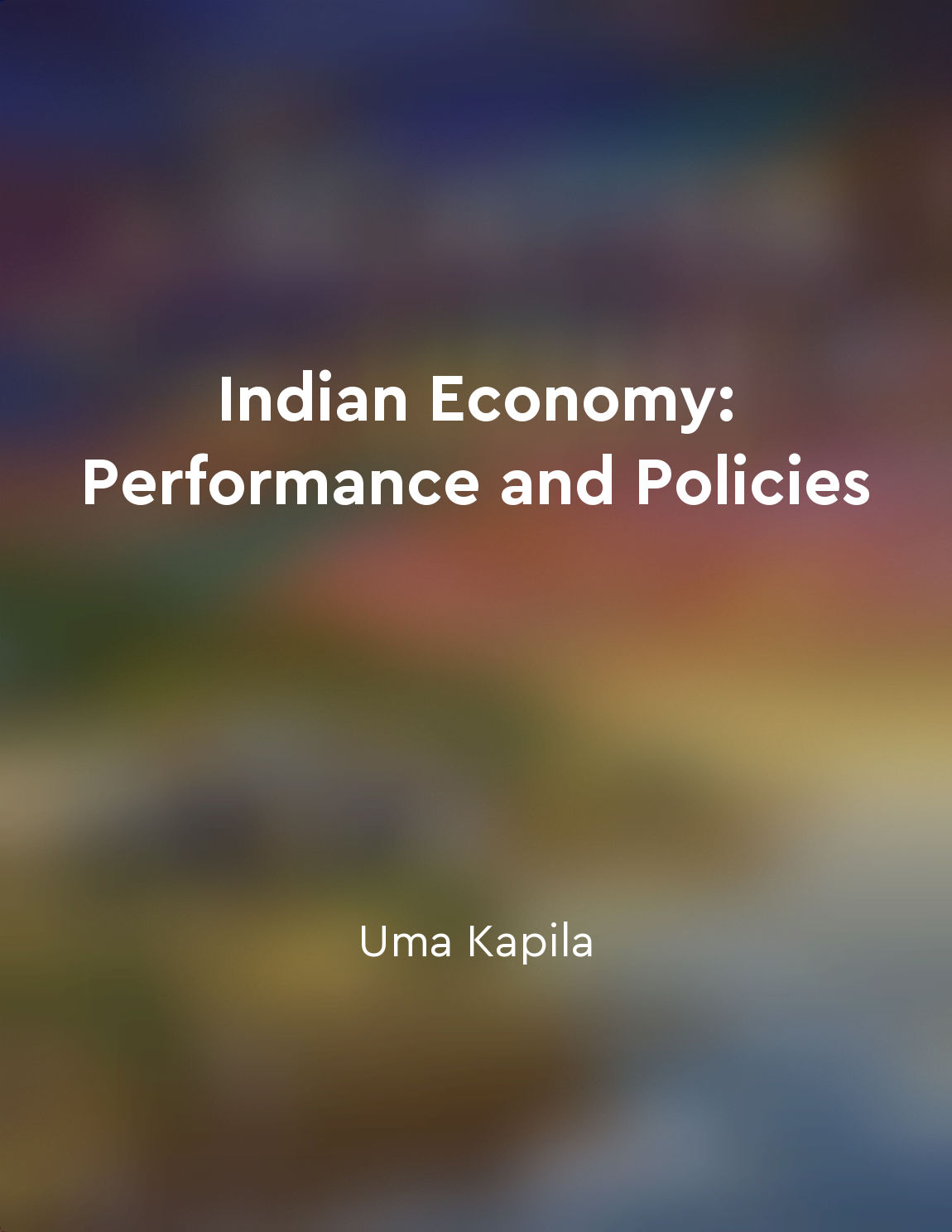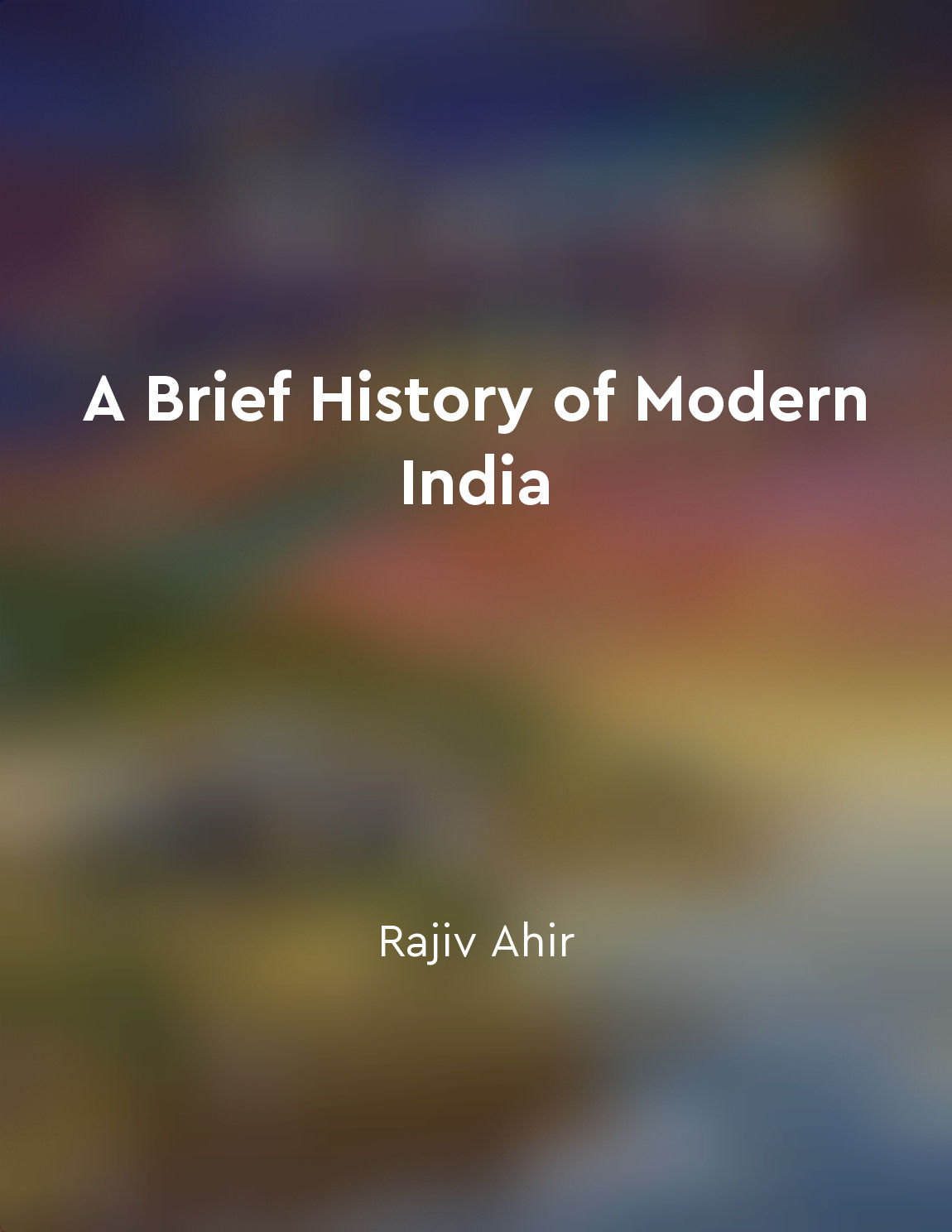Challenges of poverty and inequality from "summary" of A Brief History of Modern India by Rajiv Ahir
The challenges posed by poverty and inequality have been central to the Indian experience in the modern era. These issues have shaped the social and economic landscape of the country, influencing the lives of millions of people. Poverty, characterized by lack of access to basic necessities such as food, shelter, and healthcare, remains a significant challenge in India. The persistence of poverty in India can be attributed to a variety of factors, including historical injustices, uneven development, and inadequate social welfare policies. The legacy of colonial rule, which exploited India's resources and marginalized its people, continues to impact the country's economic and social structure. Additionally, the rapid pace of industrialization and urbanization in post-independence India has led to disparities in wealth and opportunities. Inequality, both in terms of income and social status, further exacerbates the challenges of poverty in India. The gap between the rich and the poor has widened in recent decades, with a small elite enjoying disproportionate wealth and power. This has resulted in social tensions and conflicts, as marginalized communities struggle to gain access to resources and opportunities. Efforts to address poverty and inequality in India have been met with mixed success. Government initiatives such as the Mahatma Gandhi National Rural Employment Guarantee Act (MGNREGA) have sought to provide employment and social security to the rural poor. However, bureaucratic inefficiencies, corruption, and lack of political will have hampered the implementation of such programs. Furthermore, the lack of comprehensive social welfare policies and inadequate investment in education and healthcare have hindered efforts to uplift marginalized communities. The recent COVID-19 pandemic has laid bare the vulnerabilities of India's social and economic systems, highlighting the urgent need for structural reforms to address poverty and inequality.- The challenges of poverty and inequality continue to pose significant obstacles to India's development. Addressing these issues requires a multipronged approach that involves addressing historical injustices, promoting inclusive growth, and ensuring equitable access to resources and opportunities. Only through concerted efforts and political will can India hope to overcome the challenges posed by poverty and inequality.
Similar Posts
Promotion of intercaste dialogue and understanding
The promotion of intercaste dialogue and understanding is crucial for addressing the deep-rooted issues of discrimination and i...

Trade foreign exchange policies critical importance
Trade foreign exchange policies play a vital role in shaping the economic landscape of any country. These policies determine ho...
End of the Company
The East India Company was supposed to be an instrument of British trade, a commercial operation that would bring wealth and pr...
Caste is a rigid social structure that determines people's roles and positions
The concept of caste is like an invisible force that shapes every aspect of society, dictating who gets to be at the top, who r...
Advocacy for equal rights and opportunities for Scheduled Castes
The advocacy for equal rights and opportunities for Scheduled Castes is a crucial aspect of social justice and equality in Indi...
Strategies for industrial development in India
Industrial development in India is crucial for the overall growth and progress of the economy. To achieve this, various strateg...


